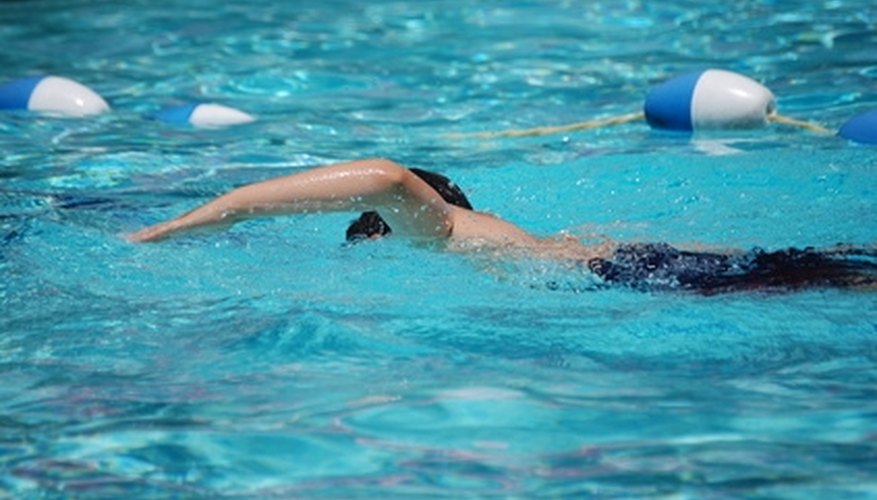
The first American public swimming pool was the Cabot Street Bath, opened in Boston in 1868. Since then, people have been swimming and diving every summer in public pools all over the country. Many people think of pools as just a place for recreation, but in reality, communities can derive many more benefits from having public pools.
Features
Swimming pools have different features, depending on their purpose and design. Some pools are marked out in lanes for lap swimming and racing. Some of these pools are even Olympic-sized, which is 82 feet wide by 164 feet long. Other pools are smaller or have an unusual shape, and some have no lane markings. The Americans with Disabilities Act provides for special features, such as sloped entry, a lift, stairs, and other requirements.
Function
Swimming pools are used for recreational activities, such as informal swimming, pool parties, and other group activities. Swimming pools can be used for exercises, such as swimming laps and water aerobics. Pools are also used for educational purposes; swimming lessons and lifeguard training are two examples. School pools are often used for diving and swimming competitions. Pools serve the needs of many people who suffer from medical conditions or injuries.
Benefits
Swimming pools offer a means of social interaction, relaxation and stress relief. They give an opportunity to participate in aerobic, yet low-impact exercise. Swimming pools also increase safety in the community. According to ESPN's Richard Lapchick, well-known African-American swimmer Sabir Muhammad says, "No one dies from not being able to play basketball." In other words, swimming is not just exercise; it is a life-saving skill. Competition and camaraderie with other groups in tournaments and swim meets helps a community come together for a common goal. Having a therapeutic or ADA-approved pool helps people in the community who have special needs.
History
Pools have the ability to bring diverse groups of people together to play and exercise in one place. However, in the past, swimming pools have been the site of discrimination due to both gender and race, according to author Jeff Wiltse. Wiltse, who wrote the book, "Contested Waters: A Social History of Swimming in America," explains that people of color, being segregated or even banned from using public swimming pools, never made pools a part of their culture. In modern times, there are Olympic swimming stars of different races and both genders in the U.S. Everyone has the opportunity to swim together.
Future
Some people say that public pools are in danger of extinction, but others say that there is hope for the future. Wiltse comments on the subject, saying that people are moving to private pools rather than public pools as they become more affluent and move to better neighborhoods. This leaves most of the public pools in the more depressed areas. Yet, in the urban core, the YMCA and others have started initiatives to provide public swimming lessons, especially for minority children. With enough exposure in the press and funding from governments and other organizations, swimming pools may contribute to the health and happiness of communities for years to come.
References
Writer Bio
Julia Thomas started her professional writing career in 1991 writing poetry for "Potpourri" magazine. Thomas studied secondary English education and creative writing at Wichita State University, where she earned honors. Thomas has written short stories and started a novel since 2002, and has done Internet writing since 2006.



